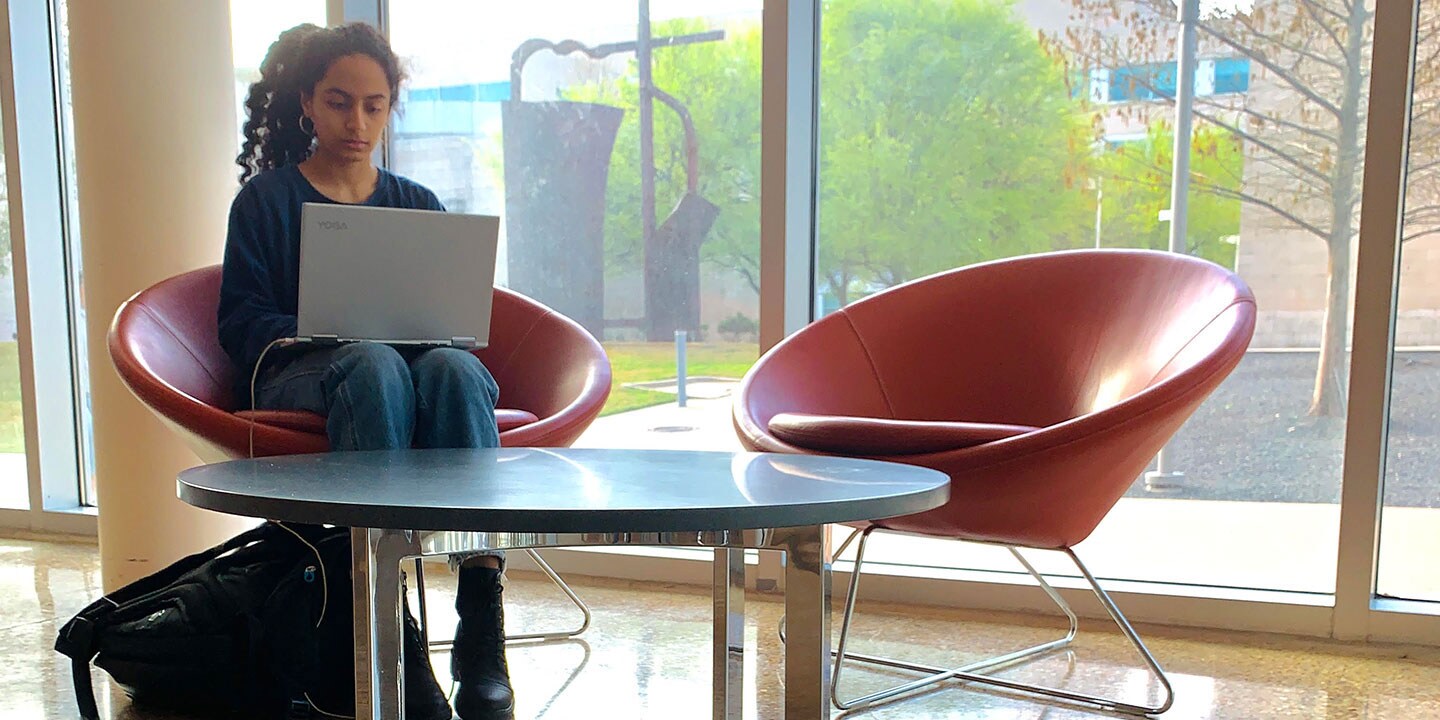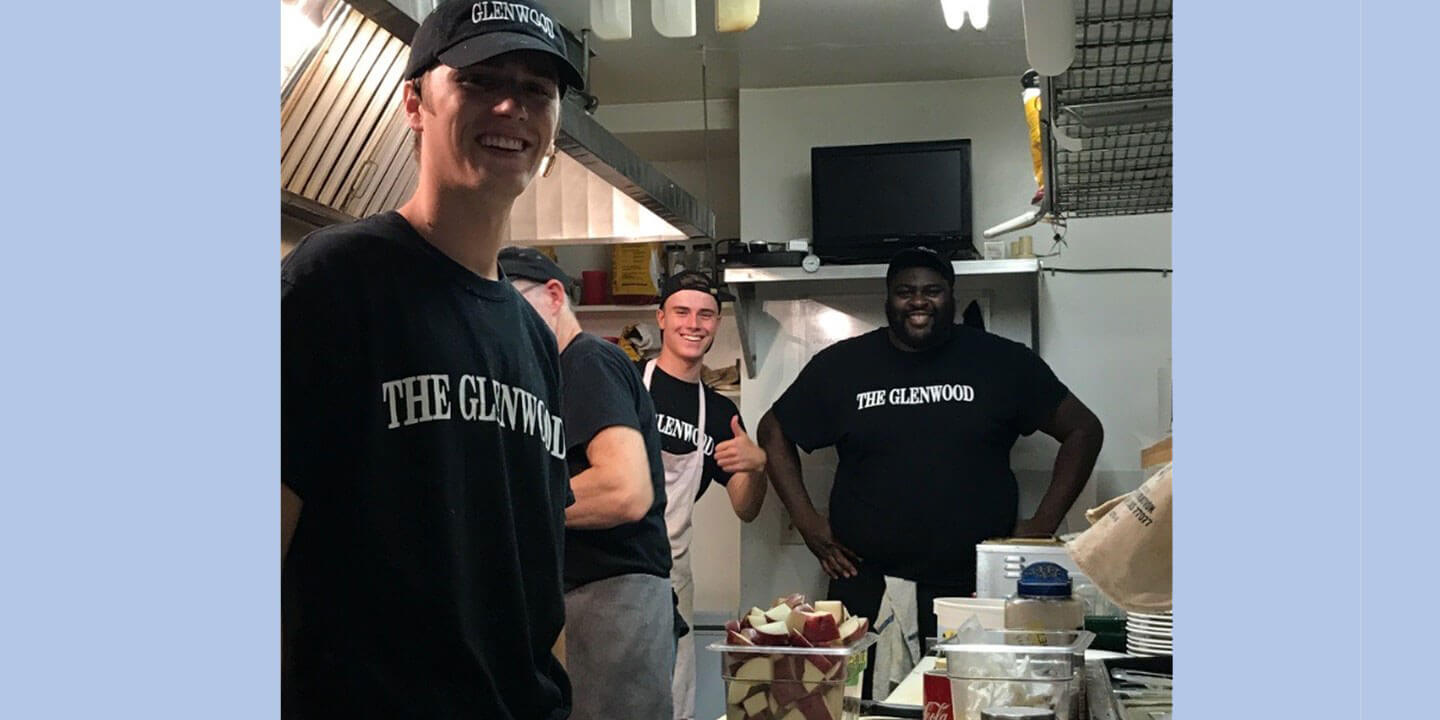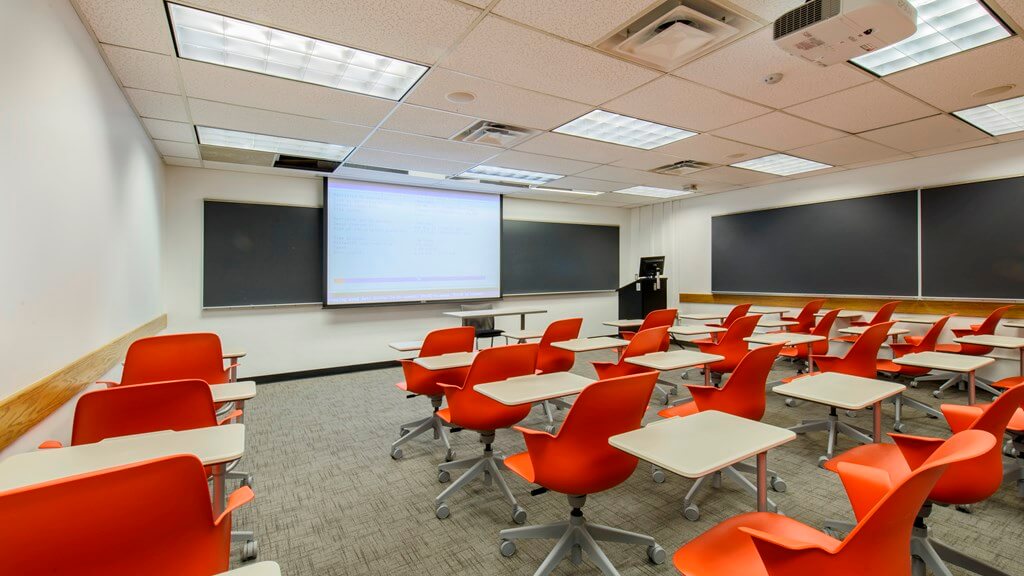
Major Spotlight: Speech, Language, and Hearing Science
Speech, language, and hearing science (SLHS) is the ideal major for students who are interested in healthcare and helping professions but hate blood and needles like I do. I plan to pursue a master’s degree in speech-language pathology after obtaining my bachelor’s in SLHS, but there are a wide variety of options in this field. Some of my peers are going on to pursue a doctorate in audiology, some will pursue a career in deaf education or early childhood intervention, and some will become an assistant to a speech-language pathologist (SLP) or audiologist which they can do with just their bachelor’s degrees. SLHS represents a unique combination of careers in education, counseling, and healthcare. The areas of specialty are limitless within the field.
Understanding the Broad Scope of SLHS
The first important thing to note about speech, language, and hearing science is the vastness of the field. When most people think of a speech therapist, they think of the speech class at their elementary school where a teacher helped the kid who turned his r’s into w’s and said “wed” instead of “red”. But the actual scope of practice of a speech-language pathologist encompasses so much more. SLPs can target speech issues such as:
- dysarthria or slurred speech as a result of Parkinson’s disease
- language problems (e.g., aphasia following a stroke)
- cognitive deficits (e.g., Alzheimer’s disease)
- swallowing impairment (e.g., dysphagia after a traumatic brain injury)
- voice concerns (e.g., transgender voice therapy)
- feeding problems (e.g., premature babies with feeding difficulties)
- augmentative and alternative communication (AAC) (e.g., a nonverbal child with autism spectrum disorder)
SLPs can work with individuals across the lifespan, from premature babies in the neonatal intensive care unit to elders in late stages of Alzheimer’s disease. The ability to narrow down your specialty so specifically has probably been the most surprising thing to me about SLHS, and one of the things I love the most.
Demand for this Career
The second thing to acknowledge is the current demand for SLPs and audiologists. According to the Bureau of Labor Statistics, employment of SLPs is expected to grow 29 percent from 2020 to 2030 and job growth for audiology is predicted to increase 13% from 2019 to 2029, both of which are much faster than the average for all occupations. Aging populations, larger numbers of retirees, the ability of SLPs to improve survival rates of individuals like stroke victims, newfound emphasis of early identification of communication disorders, and increased enrollment of children in schools, including special education services are all factors implicated in this increasing demand. It is plain to see that SLP and audiology are growing fields that require more professionals than in past years.
Rewarding Nature
Finally, I want to touch a little bit on how rewarding this career path is. Just about everyone has been affected by communication disorders in some shape or form, either in personal experience or in knowing someone affected. But even so, most people don’t know the true depths of how these disorders change a person’s life and the lives of everyone around them. Students studying SLHS not only learn these concepts and grow their capacity for empathy, but they also learn how to help those individuals and improve their quality of life.
I hope that in reading this blog, you learned something you didn’t know about communication disorders and speech, language, and hearing science, and that you might be tempted to pursue a career in this incredible field.
Do you have a compelling story or student success tips you’d like to see published on the Pearson Students blog? If you are a college student and interested in writing for us – click here to pitch your idea and get started!





